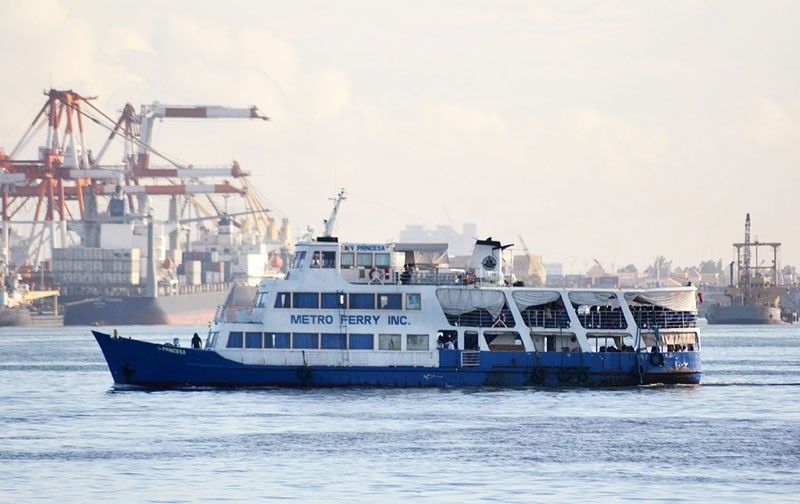Domestic ferry operators form industry group

MANILA, Philippines — Local ferry operators have banded together into an industry group to better uphold the sector’s critical role in the further development of maritime transport in the Philippine archipelago.
The Philippine Association of Coastal and Inland Water Ferries Inc. (PACIWFI) is a non-stock professional membership organization aimed at promoting the interest of the coastal and inland water transport sector and enjoin the government to establish a national standard for coastal and inland water ferries based on international standards but adaptable to local conditions.
Leading the new group are Capt. Gaudencio “Jess” Morales, owner of Metro Ferry Inc.; Godofredo Sadiasa, chairperson of Caticlan Boracay Transport Multipurpose Cooperative (CBTMPC); Capt. Joel Legita of the province of Guimaras; Abelardo Salgo of Salgo Boatbuilding and Shipping Services; and performance excellence advocate Juan Miguel Gonzales.
Coastal and inland water ferries have the largest passenger throughput among the passenger-carrying ships in the Philippines. Metro Ferry alone carries about 10,000 to 12,000 passengers between Cebu City and Lapu Lapu City in Mactan.
Morales said the formation of PACIWFI was called for because coastal and inland transport plays a crucial role in inter-island connectivity, especially for remote coastal communities in the country.
These particular transport sectors bring and sell agricultural products to municipal markets and carry children to schools, sick people to municipal health centers, and family members to their work on nearby islands.
He said in some coastal communities, these coastal and inland water ferries provide farm-to-market sea transport and are sometimes used as a measure for people to get relief, rescue, and/or rehabilitation support from their local government units (LGUs) in municipal centers in times of severe flooding and typhoons when existing roads become inaccessible.
Since a high percentage of domestic commerce, travel, and tourism are by sea, the efficiency of maritime transportation has become increasingly critical to growth and competitiveness in domestic shipping, and among them are the coastal and inland water ferries. It is therefore essential that a standard is established for the design and construction of this type of water transport.
For his part, Gonzales said an international independent classification society, IntlReg Class, has already committed to supporting this initiative of PACIWFI.
“The Philippines counts on the maritime industry as a vital component in attaining inclusive growth and socio-economic progress. Shipping remains the major infrastructure by which islands are linked, as well as, connects the country to international commerce and trade,” the PACIWFI official said.
- Latest
- Trending



























